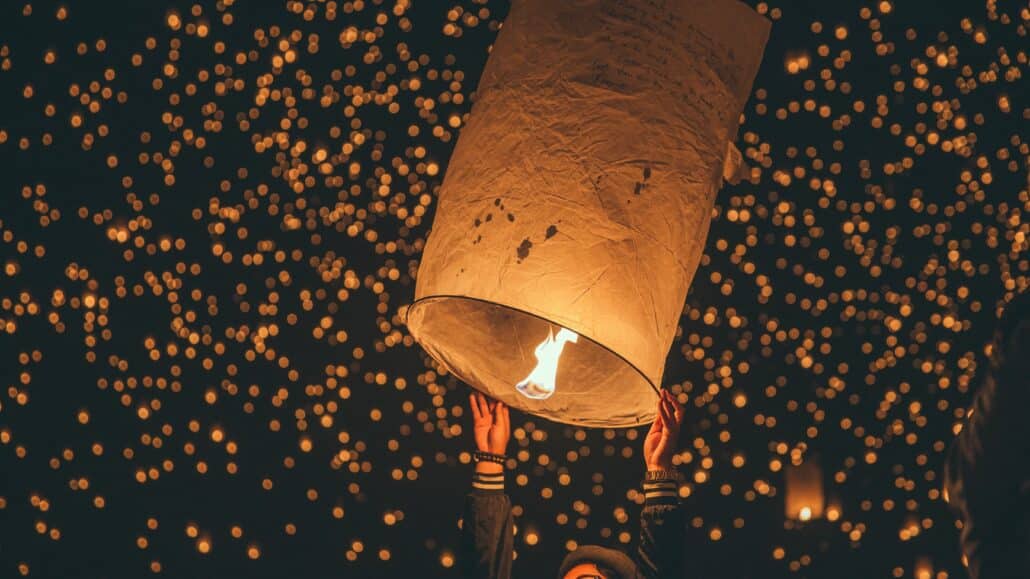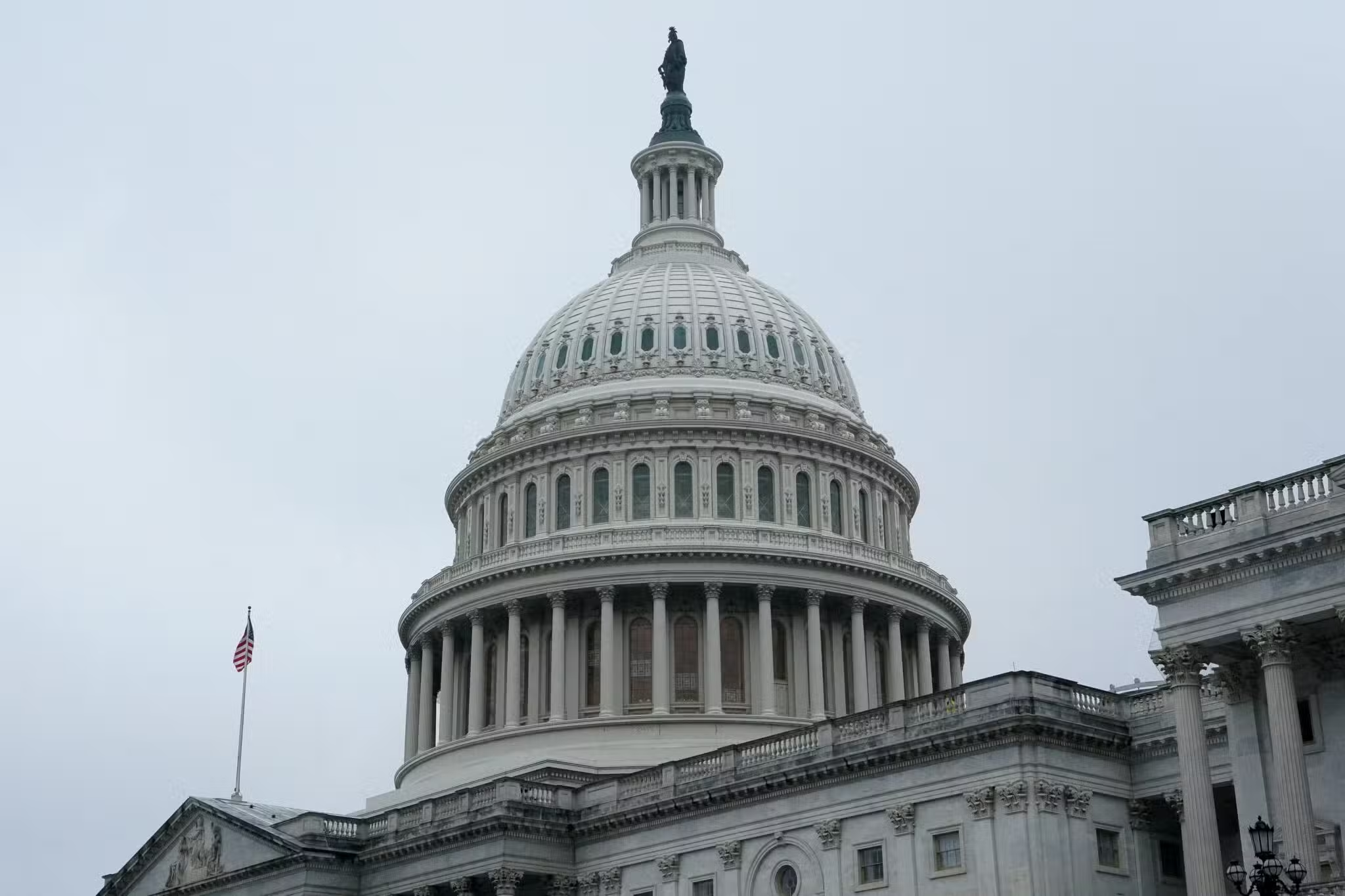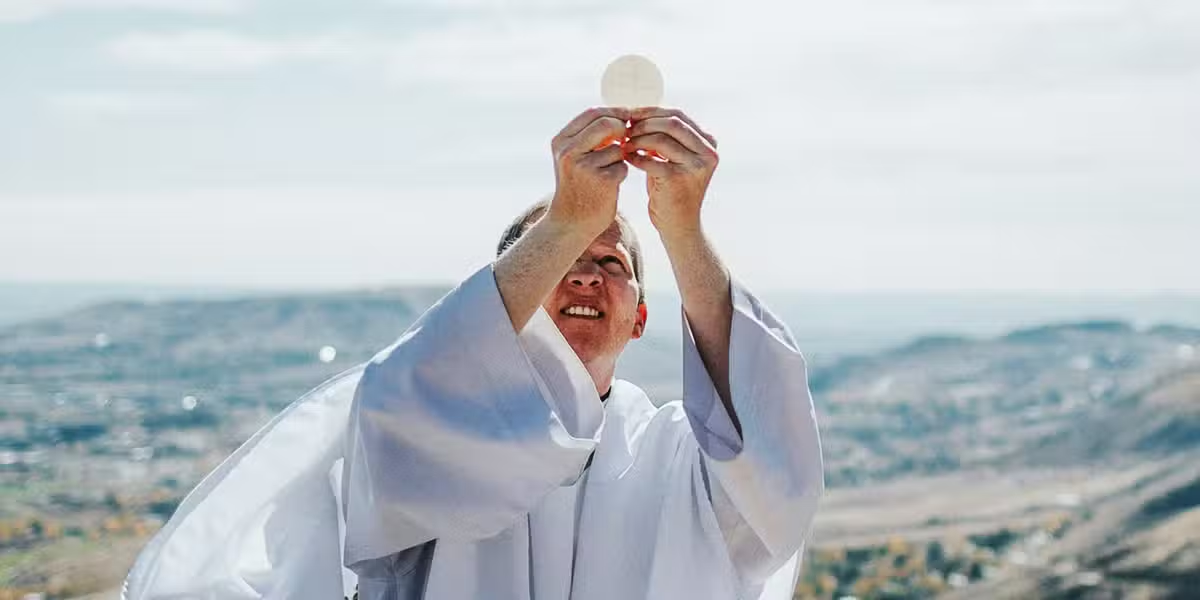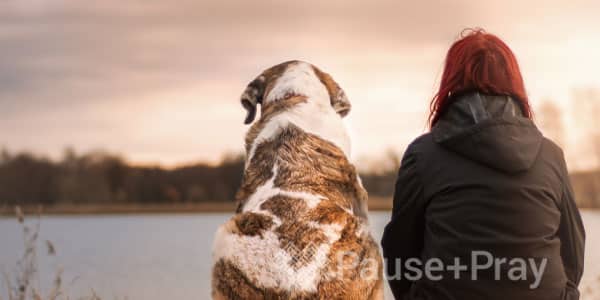Most of us want to believe that the world is fundamentally predictable and safe. I know that I don’t do especially well with uncertainty and risk. Even when I’m doing something adventurous like rock climbing, I don’t want dramatic surprises; I want to know that I’m on route and that my gear will prevent disaster.
COVID-19, however, threw certainty and safety out the window. Every week has brought new reminders of what uncharted territory we are in and how no one really knows what exactly lies ahead. It shouldn’t have taken a pandemic to dismantle the illusion that there is such a thing as certainty and safety in this world.
Disasters and upheavals of various kinds are always waiting around the next bend. Economic turmoil is inevitable; it’s not a question of if, but when. Natural disasters—including those brought about or exacerbated by climate change—are always waiting in the wings. Most of us can also count on at least a few personal catastrophes as well: a lost job, a health crisis, a broken relationship. Being alive is a risky business; we never know what’s going to hit us.
Moving Forward
One of our great temptations is to double down on what hasn’t worked: trying to force our unruly world to conform to our knowledge grids, management strategies, and desire for security and control—much like addicts return again and again to the substance or activity that they mistakenly think will make them whole, even as it destroys their lives. Maybe this takes the form of giving our blind allegiance to large institutions—government, corporations, even the institutional Church—in the hopes that they will give us solid answers and guarantee our safety.
Or maybe we do the opposite: Hole up in bunkers, load up on food and ammo, and try to fend for ourselves. We have another option, though. Even though our Christian Scriptures, creeds, catechisms, and hymns are filled with proclamations of certainty and safety, the Christian mystics have always claimed that God, life, and our faith are deep, inscrutable mysteries.
Neither God nor our world is tame; there is wildness and unpredictability woven into the very fabric of reality itself. Facing this truth, the only appropriate response is humility, which is always and everywhere the cure for human hubris. Part of humility is intellectual, which is the proper stance of good science and good scholarship: recognizing that the vast storehouse of accumulated human knowledge is just a drop in the ocean compared to all that we don’t comprehend. This kind of humility leads to prudence and self-restraint.
Recognizing the limitations of our understanding and the risks we can never accurately predict, we make less grandiose, more thoughtful moves as individuals and as a society, erring on the side of caution rather than fooling ourselves into thinking we have more control than we do. For example, had its crew understood that the Titanic was not actually unsinkable, perhaps they would have piloted more carefully among icebergs.
Intellectual humility would stop trying to figure out how to live on Mars or the moon until we’ve figured out how to live sustainably on Earth.
A Humble Heart
An even deeper form of humility can grow in the heart, if we slow down, get quiet, and let it take root. If we are to have a better post-pandemic world, I believe it will come about mainly because we cultivate this heart-centered humility. With humility of the heart, we move through the world more gracefully, as individuals and as a society. We know that with the world being as wild and crazy as it is, with so many of us struggling, it’s always better to err on the side of kindness and gentleness. It’s this kind of humility, to quote the poet and environmental activist Wendell Berry, that asks: “Will this disturb the sleep of a woman near to giving birth?”
When humility grows in our heart, it becomes easier to satisfy ourselves with simpler pleasures and practices. We can notice and give thanks for our breath and the miracle that is our incarnate, creaturely body—no matter our age, appearance, or health. Isn’t it all a gift from God? We can become more present, more authentic, more intentional, and less rushed in our relationships.
We can enjoy simply being outside, cultivate creative pursuits, and savor the domestic arts like cooking, gardening, and the tending of hearth and home. After all, aren’t these the things that ultimately matter—far more than economic growth, military superiority, and ever-increasing consumption of goods and services?
Finally, this kind of deep spiritual humility helps us know that we are, indeed, our brother’s and sister’s keeper. It’s never enough to cultivate a meaningful and satisfying life for ourselves without also working to ensure that it is possible for others, too, especially people who are poor, people who are overlooked and disadvantaged, and people whose “essential services” work makes everyone’s lives possible. It’s hard to be in the cloud of unknowing.
It’s hard to let go of the illusion of certainty and safety. But my hope is that this present darkness, which feels so much like an unraveling and breakdown, is actually a birthing process in which God our midwife is bringing us into a new, more beautiful, more blessed way of being.








